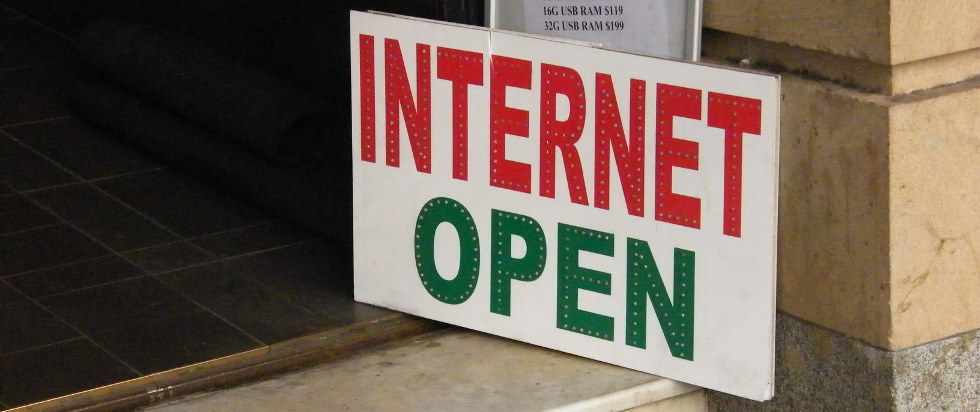The Net Neutrality Debate

Over the past few months one of the most talked about topics has been net neutrality. What is net neutrality? It is the principle that all content and applications on the Internet should be accessible to users equally, regardless of source, and without service providers being able to restrict access to specific websites or services. This principle would seem ensure basic First Amendment rights. However, the debate has begun as a result of a court ruling in Verizon v. F.C.C., 740 F.3d 623 (C.A.D.C. 2014), which overturned the net neutrality rules of anti-discrimination and anti-blocking. Currently, there are no rules in place to prevent Internet service providers from blocking or restricting content. As a result, there is a need to establish principles governing net neutrality.
Proponents of net neutrality polices argue that Internet service providers may prevent users from accessing certain websites or applications or “degrade the quality” of user’s access to certain websites or applications, “either as a means of favoring their own competing content or services or to enable them to collect fees. . .” See, Verizon, 740 F.3d at 629. An example cited in Verizon, warns that if unchecked, an Internet service provider could limit user ability to access a publication like the New York Times website “if it wanted to spike traffic to its own news website, or it might degrade the quality of the connection to a search website like Bing if a competitor like Google paid for prioritized access.” Id. Those against net neutrality policies may argue that the Internet is being misused by a significant number of people to download software, movies, and music illegally and fees should be implemented as compensation. Or that net neutrality policy would be too strict and limit Internet investment and innovation. President Barack Obama has weighed in on the debate urging for net neutrality policies to be implemented. See, http://www.whitehouse.gov/net-neutrality for further information. Which side of the debate are you on?
The decision regarding implementing net neutrality policies is for the Federal Communications Commission (“FCC”) to decide. Currently, the FCC is reviewing millions of public comments in an attempt to shape such policies. Regardless of which side of the debate you support, the outcome will have a significant impact on the future of the Internet. Our firm will be closely monitoring the outcome of this debate and considering the accompanying legal effects.
Daniel Devine
Santucci Priore, P.L.
Shareholder
Image Credit: Flickr User balleyne




Pingback